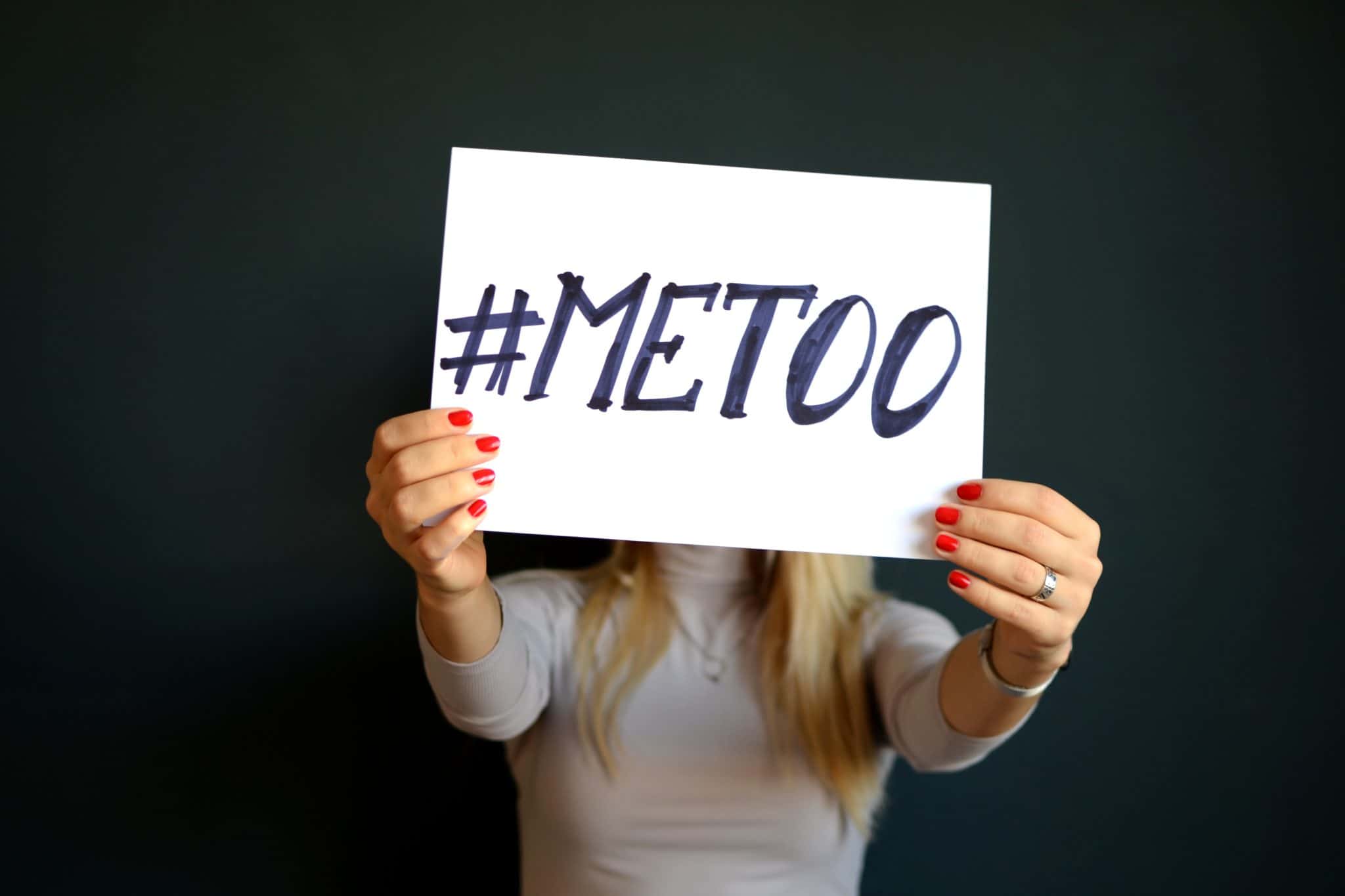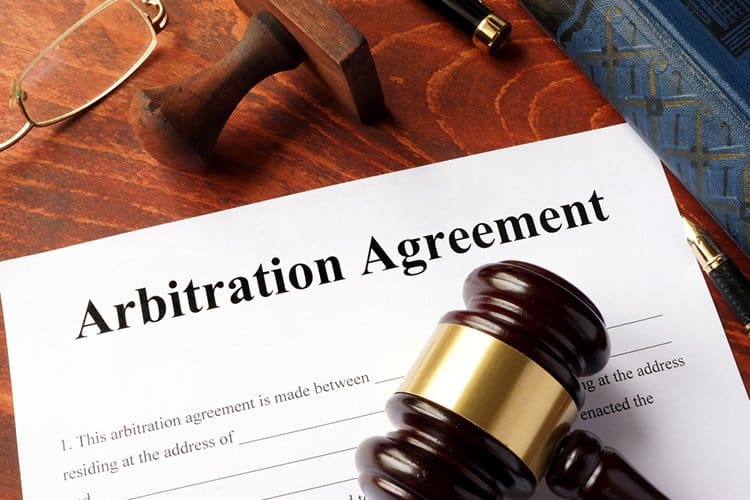Phoebe Bodurtha is a student at Harvard Law School and a member of the Labor and Employment Lab.
When the #MeToo movement first emerged in 2017, state and federal lawmakers across the country rushed to introduce legislation aimed at combating workplace harassment. Now, just over a year later, legislative momentum has dwindled, leaving many #MeToo supporters dismayed by the inadequate legislative progress.
While most state and federal legislatures changed only their own anti-harassment training programs and internal policies for handling sexual harassment claims, twelve states passed legislation that impacts the public at large. Eight of those states now require mandatory anti-harassment workplace training in both the public and private sectors, and seven states limit to varying degrees the use of non-disclosure agreements (NDAs) for sexual harassment claims. Most notably, Maryland, New York, Vermont, and Washington have decided to ban mandatory arbitration clauses in employment contracts for sexual harassment claims, despite the Supreme Court’s recent and continued affirmance of the enforceability of arbitration agreements under federal law.
The #MeToo movement brought to light the ways in which confidentiality and arbitration clauses can suppress egregious instances—even patterns—of harassment, making the elimination of arbitration as a means to resolve these claims all the more significant. Unfortunately, these anti-arbitration laws are likely preempted by federal law, specifically the Federal Arbitration Act (FAA). The FAA’s interference with such critical legislation is all the more reason why Congress needs to amend the FAA or, at the very least, allow states to prohibit arbitration agreements in certain cases.
State Laws Are Likely Preempted
The anti-arbitration legislation passed in Maryland, Vermont, New York, and Washington varies in scope. While Maryland and Vermont prohibit employers from requiring employees to waive a substantive right or remedy for sexual harassment claims, New York law makes unenforceable any contractual provision (including those outside of the employment context) that requires parties to submit to mandatory arbitration for sexual harassment claims. Meanwhile, Washington has voided any contractual provision that prevents an employee from “publicly” pursuing a cause of action under the Washington State Law Against Discrimination.
Unfortunately, section 2 of the FAA likely preempts all of them: “a written provision in any … contract … to settle by arbitration a controversy thereafter arising out of such contract … shall be valid irrevocable and enforceable save upon such grounds as exist at law or in equity for the revocation of any contract.” The Supreme Court has held that the FAA evinces a “healthy regard for the federal policy favoring arbitration” and applies to all employment contracts, except for those of transportation workers. In addition, the Court has said that state laws of general applicability that disfavor arbitration or interfere with arbitration’s “fundamental attributes” are inconsistent with the FAA and are preempted. And in recent history, the Court has doubled down on the impenetrability of the FAA by finding state rules of general applicability, such as the unconscionability doctrine, inconsistent with and preempted by the FAA.
The Court’s only qualification to its general rule of enforceability is that arbitration clauses cannot deny a person the right to “effective vindication” of their claims. The justices are sharply divided on what effective vindication means. While they agree that a contractual waiver of the right to pursue a claim or seek relief in any forum would be unenforceable, the current Court would probably uphold an arbitration agreement, so long as arbitration was available to the claimant and the administrative/arbitral fees weren’t so expensive that they automatically precluded the claimant from bringing his/her claims.
As the Court has made clear, it is exceptionally rare that arbitration will conflict with a federal statutory right or remedy. In Gilmer v. Interstate/Johnson Lane Corp., 500 U.S. 20 (1991), the Court stated that the party opposing arbitration must show through the statute’s text or legislative history that 1) Congress intended to preclude waiver of a judicial remedy for a specific statutory right, or that 2) the arbitration agreement conflicts with the federal statute that created the claim or remedy. Through the opinions it has issued, the Court has only added to its list of statutory claims for which arbitration is valid and enforceable.
Given precedent and the Court’s current composition, it is highly unlikely it would adopt a reading of the FAA that allows states to keep sexual harassment claims out of the arbitral forum.
These laws on their face disfavor arbitration and on that basis alone may be preempted. Moreover, litigants would be hard-pressed to find any evidence in the text or legislative history of the FAA or Title VII that Congress intended to preclude waiver of a judicial remedy for discrimination or sexual harassment claims. Meanwhile, Justice Ginsburg’s dissent in Epic Systems reflects her understanding that the majority has included many, if not all, Title VII claims within the FAA’s purview (in reference to Title VII, she worriedly noted: “I do not read the Court’s opinion to place in jeopardy discrimination complaints asserting disparate-impact and pattern-or-practice claims that call for proof on a group-wide basis.”). Litigants opposing arbitration agreements for sexual harassment claims would probably have to argue that such agreements conflict with Title VII or state criminal laws. The Court would probably find any of the above arguments strained at best.
Potential Solution
Given that states may be constrained in what they can do until Congress amends the FAA, state lawmakers may want to consider banning confidential arbitration agreements for sexual harassment claims. Ideally, such legislation would prohibit parties from keeping confidential the underlying facts, the arbitration process, the outcome, and the final award.
Parties with superior bargaining power are increasingly inserting confidentiality clauses in arbitration agreements to further avoid public scrutiny and condemnation. But arbitration is not inherently confidential, nor is confidentiality widely regarded as a “fundamental attribute” of the arbitration process. In fact, while the JAMS and AAA arbitration rules require arbitrators to maintain confidentiality, there is no rule stating that parties are required to keep the underlying facts or process confidential when there’s no contractual provision on point. Additionally, Maryland, DC, and California currently require arbitrators to make various disclosures about the arbitrations they administer, though non-compliance with these laws has apparently been an issue.
State laws banning confidentiality provisions in arbitration agreements would likely survive a preemption challenge. Under current precedent, state laws that disfavor arbitration or undermine arbitration’s fundamental attributes are almost always preempted. But while the Court has continuously listed speed, informality, and cost as fundamental attributes, it has never suggested that confidentiality is also one of them. Theoretically, the Court could decide that prohibiting confidentiality disfavors arbitration; however, barring confidentiality simply just puts arbitration on par with judicial proceedings, which are inherently a matter of public record. In other words, prohibiting confidentiality doesn’t defeat the purpose of arbitration or interfere with its speed, informality, or cost.
Admittedly, this solution wouldn’t put an end to arbitration of sexual harassment claims. But until Congress acts, at least it would allow claimants to share their stories and grievances with the public, as well as prohibit perpetrators from conditioning relief on victims’ silence.









Daily News & Commentary
Start your day with our roundup of the latest labor developments. See all
February 26
Workplace AI regulations proposed in Michigan; en banc D.C. Circuit hears oral argument in CFPB case; white police officers sue Philadelphia over DEI policy.
February 25
OSHA workplace inspections significantly drop in 2025; the Court denies a petition for certiorari to review a Minnesota law banning mandatory anti-union meetings at work; and the Court declines two petitions to determine whether Air Force service members should receive backpay as a result of religious challenges to the now-revoked COVID-19 vaccine mandate.
February 24
In today’s news and commentary, the NLRB uses the Obama-era Browning-Ferris standard, a fired National Park ranger sues the Department of Interior and the National Park Service, the NLRB closes out Amazon’s labor dispute on Staten Island, and OIRA signals changes to the Biden-era independent contractor rule. The NLRB ruled that Browning-Ferris Industries jointly employed […]
February 23
In today’s news and commentary, the Trump administration proposes a rule limiting employment authorization for asylum seekers and Matt Bruenig introduces a new LLM tool analyzing employer rules under Stericycle. Law360 reports that the Trump administration proposed a rule on Friday that would change the employment authorization process for asylum seekers. Under the proposed rule, […]
February 22
A petition for certiorari in Bivens v. Zep, New York nurses end their historic six-week-strike, and Professor Block argues for just cause protections in New York City.
February 20
An analysis of the Board's decisions since regaining a quorum; 5th Circuit dissent criticizes Wright Line, Thryv.